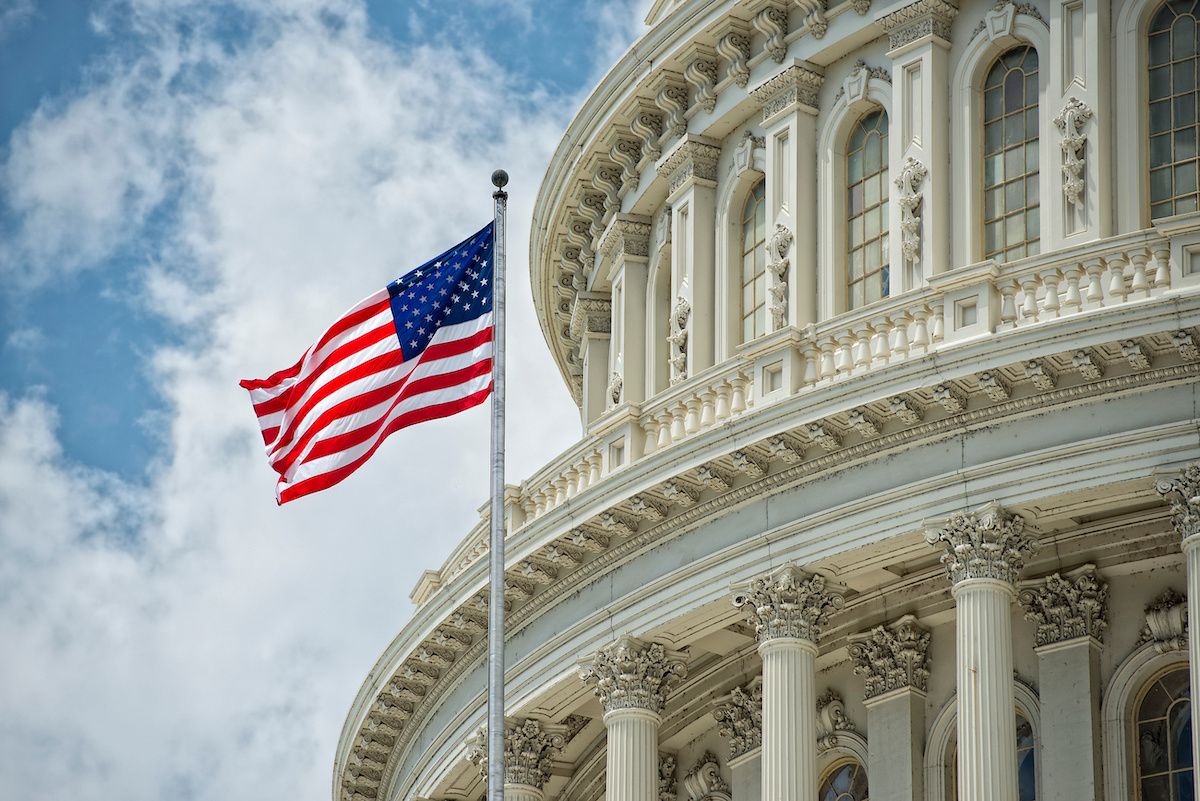Article
Medicare: Fighting for off-label coverage
Author(s):
If a drug is medically necessary for a patient, the government should pay for it, even if it falls outside the parameters of off-label uses that it will cover.
If a drug is medically necessary for a patient, the government should pay for it, even if it falls outside the parameters of off-label uses that it will cover. That's the thrust of a lawsuit filed in federal district court by the Medicare Rights Center, a patient advocate, on behalf of Judith M. Layzer, an elderly widow who has been taking Cetrotide since 1999 to treat her ovarian cancer. According to the complaint, Layzer had never paid more than $40 a month out of her own pocket for the medication. But soon after enrolling in Medicare Part D in January 2006, she was denied coverage for her prescription and her monthly tab shot up to over $7,200. (In 2006, Layzer's former employer, the City of New York, moved all of its retiree members to the City of New York enhanced Medicare Part D Program, which is administered by GHI-the same company that used to cover her medications as a retiree.)
The suit seeks reimbursement of Layzer's out-of-pocket costs, which have totaled more than $100,000.





